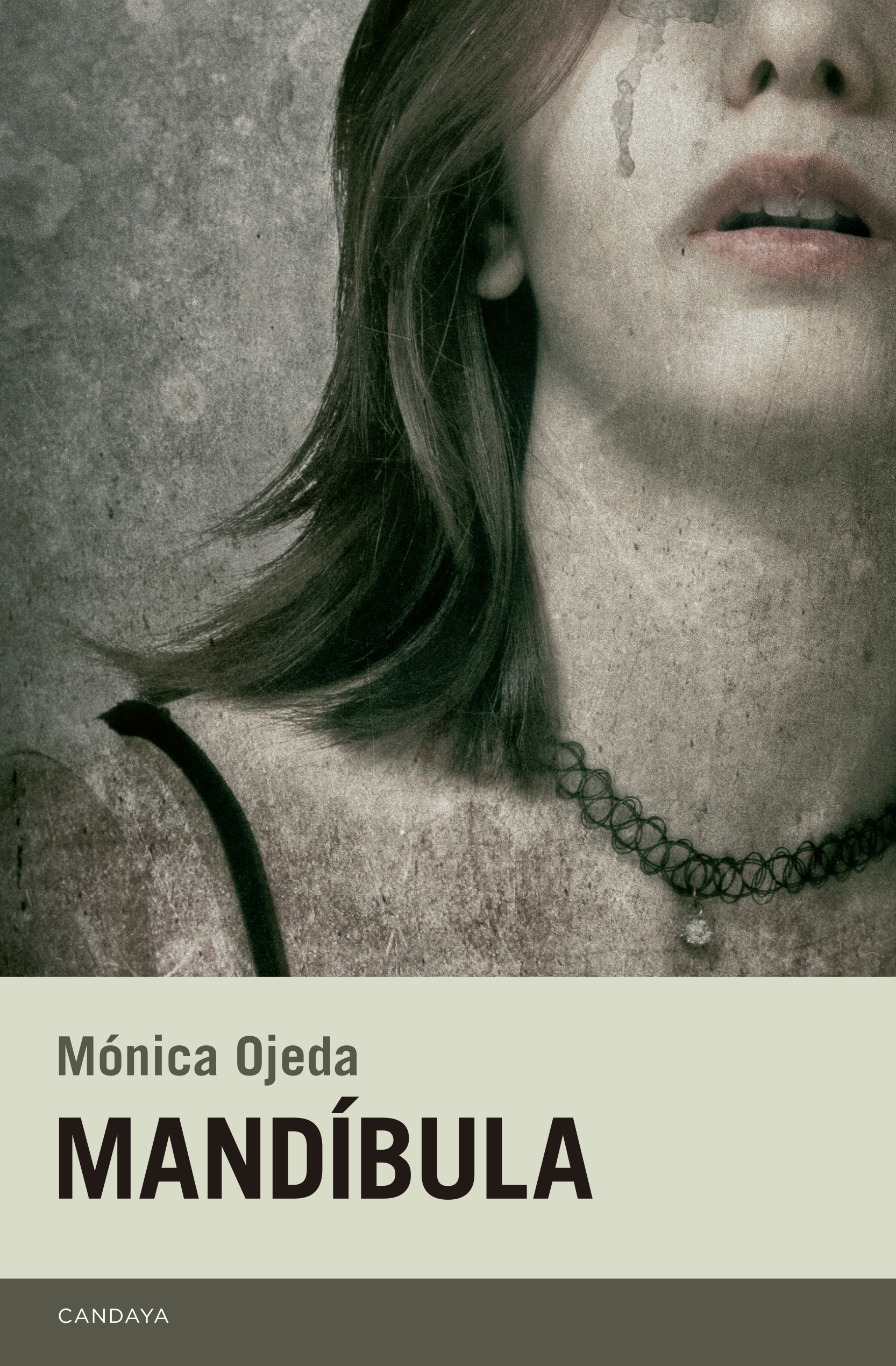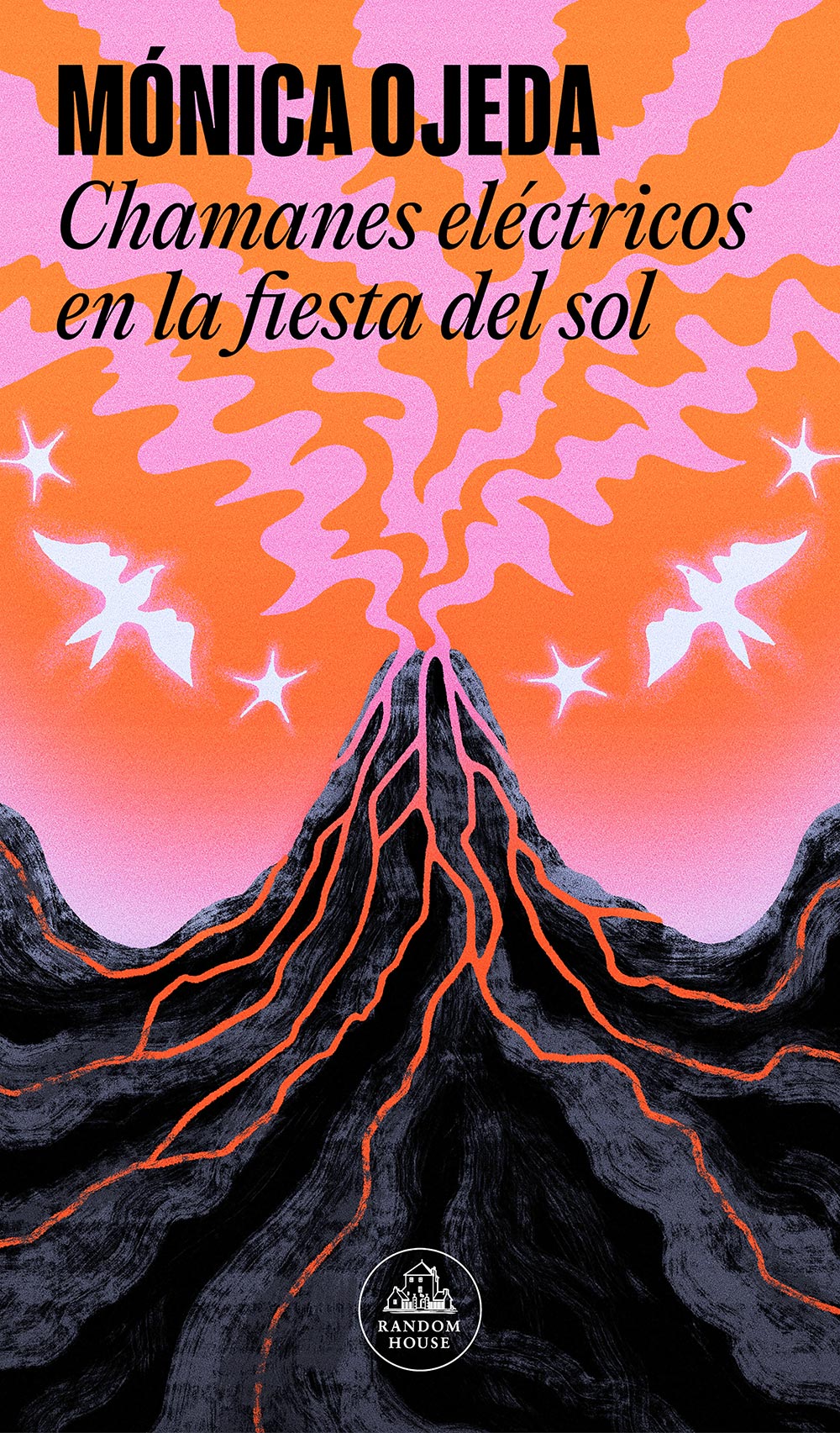
Mandíbula (Jawbone)
Published by
Spanish Candaya / English (US) Coffee House Press (UK) New Ruins / Greek Skarifima Editions / French Éditions Gallimard / Italian Polidoro / Portuguese (Brazil) Autêntica / Norwegian Solum Bokvvennen
Audiobook: Storytel / Film rights: Sold
Shortlisted for the 2022 National Book Award for Translated Literature
Among the 50 best books in 2018 according to the newspaper El País
Among the 10 best books in 2018 according to Deutsche Welle
A teenage fan of the “creepy pastas” (terror stories that circulate in the Internet) awakes handcuffed in a cabin in the middle of the forest. She has been kidnapped by her Literature teacher, a young woman that she and her friends have been tormenting for months in an Opus Dei school: Delta Bilingual School, High School for Girls, an institution for rich girls.
But soon, a disturbing adolescent love, an unexpected betrayal and some secret initiation rituals inspired by the “creepy pastas” will reveal much darker motivations for the kidnapping than the bullying to the teacher.
Jawbone is a novel about fear and its links to family, sexuality and violence. Written with a prose full of poetical shining, disturbing symbols and time lapses, pulls details from the psycho thrillers in order to develop the mental games that take place between students and teachers, and digs into the passionate relationship between mothers and daughters, and also sisters and “besties”, recreating a universe of the feminine-as-a-monster connected with the horror movies tradition and gender literature.
Terrifying and sordid. And, more importantly, feminine but far away from being a fairy tale.
A story full of different styles which succeed linking suspense with an insightful analysis of adolescence, an age which is an enemy to the rules and produces fear and fascination. As good literature does. One of the most daring novels of the year. Javier Rodríguez Marcos, Director of the Babelia Supplement, El País
It is well known that adolescence is a fascinating territory inhabited by ferocious identity and moral doubts. The mastery of Ojeda to turn that into literature is astonishing. Nadal Suau, El Cultural, El Español
Dazzling. Carlos Pardo, Babelia, El País
A stunning language to show the atrocious and the perverse. Luisgé Martin, El País
One of the best thrillers I was able to read nowadays, when you can find tons of them. Its intensity is surprising. Juan Ángel Juristo, ABC
Borrowing from Stephen King and, above all, from Lovecraft, Jawbone draws a theogony that reflects horror and its opposite and that is able to trap both the characters in the novel and its readers. La Stampa, Italia
“Cultivated perversion”, “postmodern horror”… are some of the labels used to classify the work of this writer. Xavi Ayén, La Vanguardia
Her narrative possesses an energy that doesn’t allow the reader to rest, her tales nail images to the brain, especially when they are depicting a violent or erotic scene. Ariana Basciani, The Objective
Mónica Ojeda surpasses the borders of the thriller and the terror… Ricardo Baixeras, El Periódico de Catalunya
Mónica Ojeda forged a unique kind of horror in the landscape of young literature… Even the language tears itself up to show us the intestines of our time. Alberto Olmos, Zenda Libros
One of the books of the year: a smart and shocking plot. Elena Hevia, El Periódico de Catalunya
As Rilke’s terrible angel, the beauty of Jawbone’s fiction does not spare the truth that lays in our wounds. They bleed, as Ojeda’s protagonists. Arturo Borra, Tendencias 21
The perverse eroticism of this Ecuadorian writer escapes any kind of classification… Eudald Espluga, Playground
Jawbone is a journey into the intrinsic horror of the human being and, above all, to a horror that fascinates, that deals with going beyond the established limits, but it is also an inquest into the fear. Anna María Iglesia, Librújula


